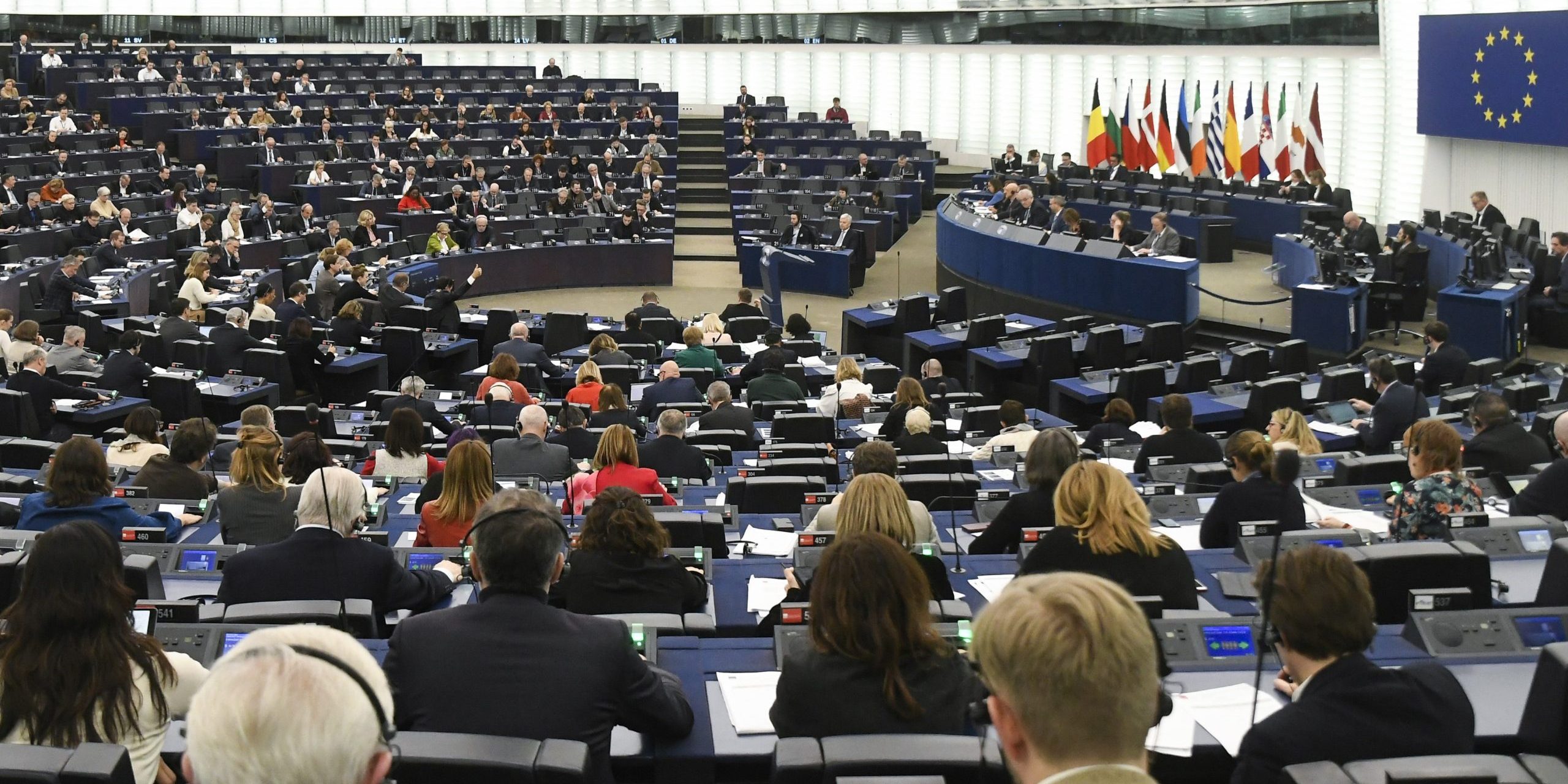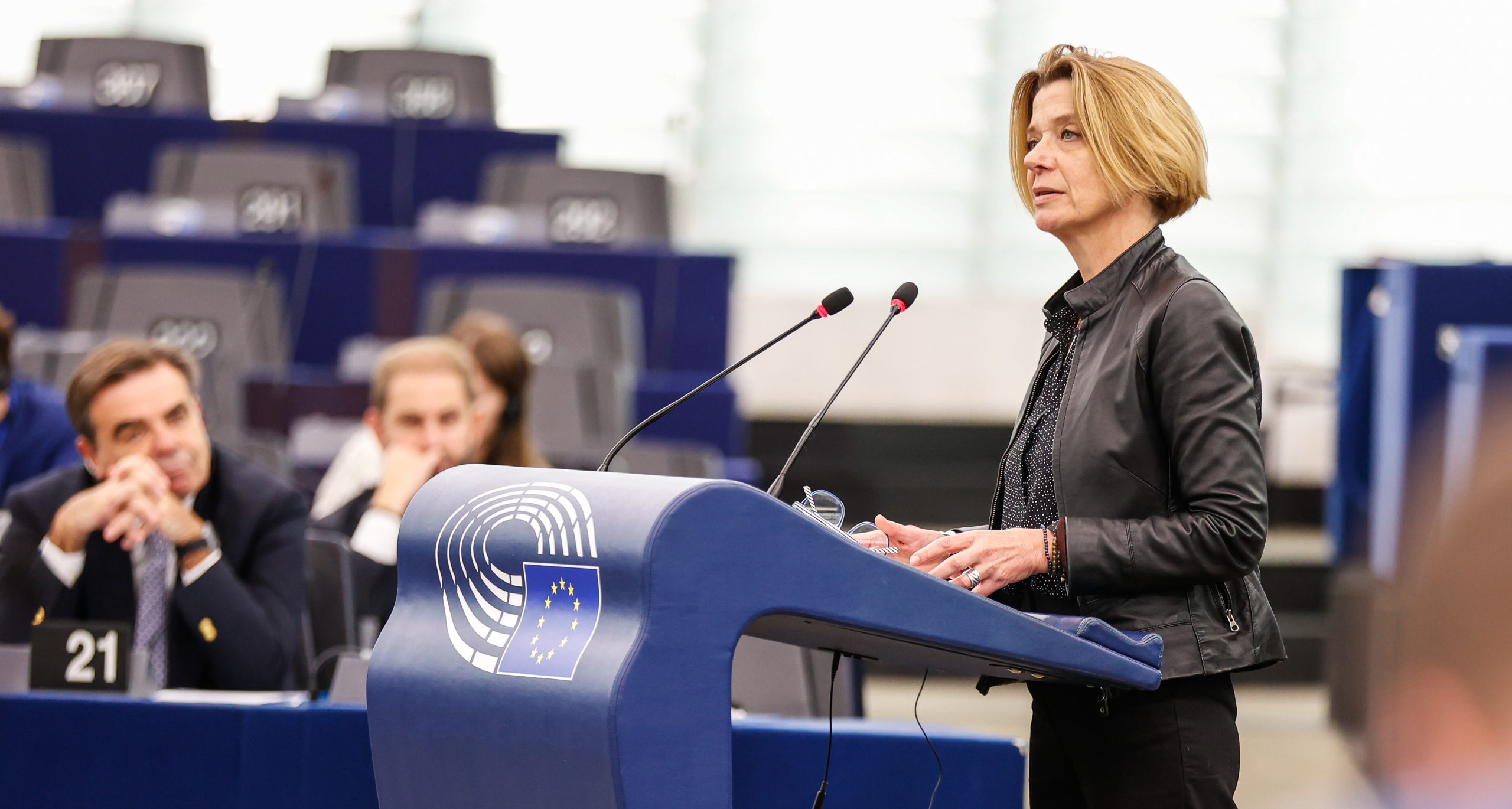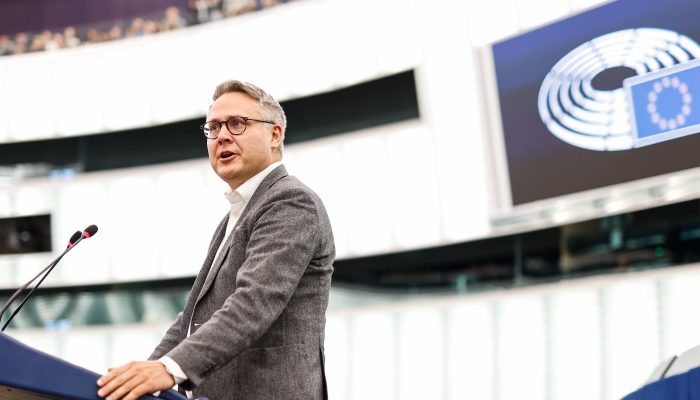
Parliament demands action on mental health
MEPs vent their frustration at inaction yet again.

To mark World Mental Health Day, MEPs today debated “the need for a comprehensive EU strategy on mental health” on the final day of this plenary session. As longstanding advocates for the protection of workers against psychosocial risks, Eurocadres had already written to the Commissioner-designate for People, Skills and Preparedness (including skills and education, quality jobs and social rights), Roxana Mînzatu, to draw attention to the global day. In addition, October 10th also saw us join with 33 civil society organisations in calling on the Commission to propose a legislative initiative on psychosocial risks and wellbeing at work, with the full call available here.
While not simply using the landmark as an opportunity to put out a press release or post on social media, instead debating the topic in person, many MEPs noted with frustration the annual discussion taking place without concrete action in between.
Executive Vice-President Schinas stressed the efforts by the Commission, including increased funding for training of specialists, while decrying the “silent epidemic” Europe faces. Yet twelve months on MEPs were not keen to emphasis the Commission’s plan, with no tangible results to show as of yet.

© European Union, 2024
Across all major groups, namely the Left, S&D, Greens, Renew and EPP, the need for action against mental health issues caused by work organisation was clear to see. Concretely MEPs called for a directive on work-related psychosocial risks, prevention-based activities within a European strategy, with indicators and timelines to gauge the effectiveness of future pan-European efforts.
In a sea change from previous debates, the need for intervention at a European level was not once contested, with MEPs across multiple parties aligned on the fact that not enough was being done, and uniform protection was required throughout all Member States.
Often overlooked in these discussions, work organisation and conditions are major contributors to mental health. In 2022, 44% of workers detail how they are exposed to severe time pressure or work overload, while 66% of workers have experienced health problems caused or made worse by their work. Compared to pre-COVID figures, there this data showed a 25% increase in the prevalence of psychosocial risks in workplaces.
Explicitly calling for a directive on work-related psychosocial risks, MEP Estelle Ceulemans (S&D, BE), outlined how increased insecurity for workers, burnout and work pressure must be accounted for in European action. Echoing this, Tilly Metz (Greens, LU) highlighted insecure working conditions, not just employment precarity, would need attention. The trend of a workplace focus was shared with various other MEPs (Catarina Martins, Dennis Radtke, Alex Saliba, Tomislav Sokol and Marc Angel to name a few), with Johan Danielsson (S&D, SE), putting a specific emphasis on the need to safeguard against workplace violence and harassment.
French MEP Antony Smith correctly spoke to the need for funded, functioning labour inspectorates, with the obligation of employers to safeguard mental health often being theoretical in nature. As a former labour inspector, MEP Smith will be working with Eurocadres and EPSU in the coming months to ensure inspectorates receive the tools they need to protect workers, and for professional burnout to be a recognised workplace illness across the EU.
In closing, Vice-President Schinas reiterated the push via a number of Commission initiatives, though conceded the need to address mental health in the workplace.
After years of pushing, we are hoping that trade unions and MEPs will not be left repeating themselves again this time next year.
